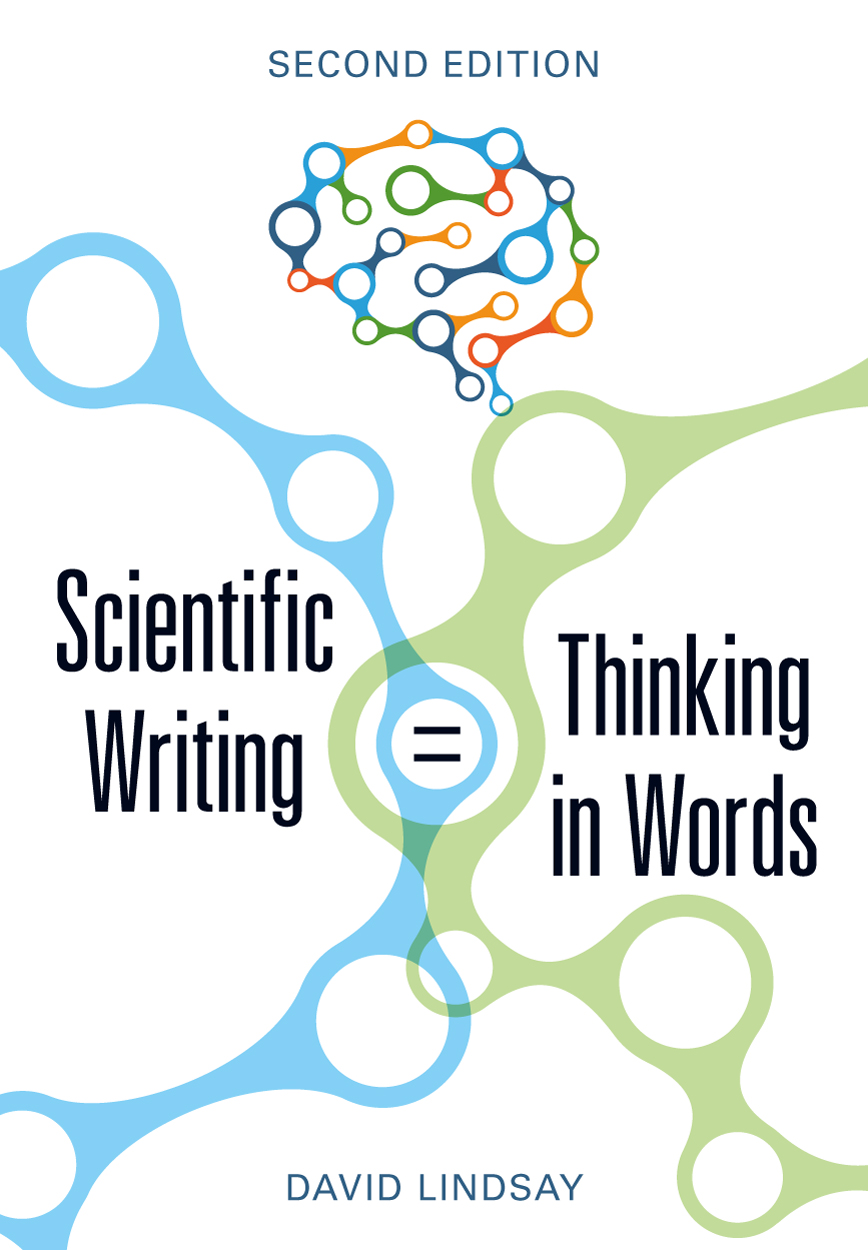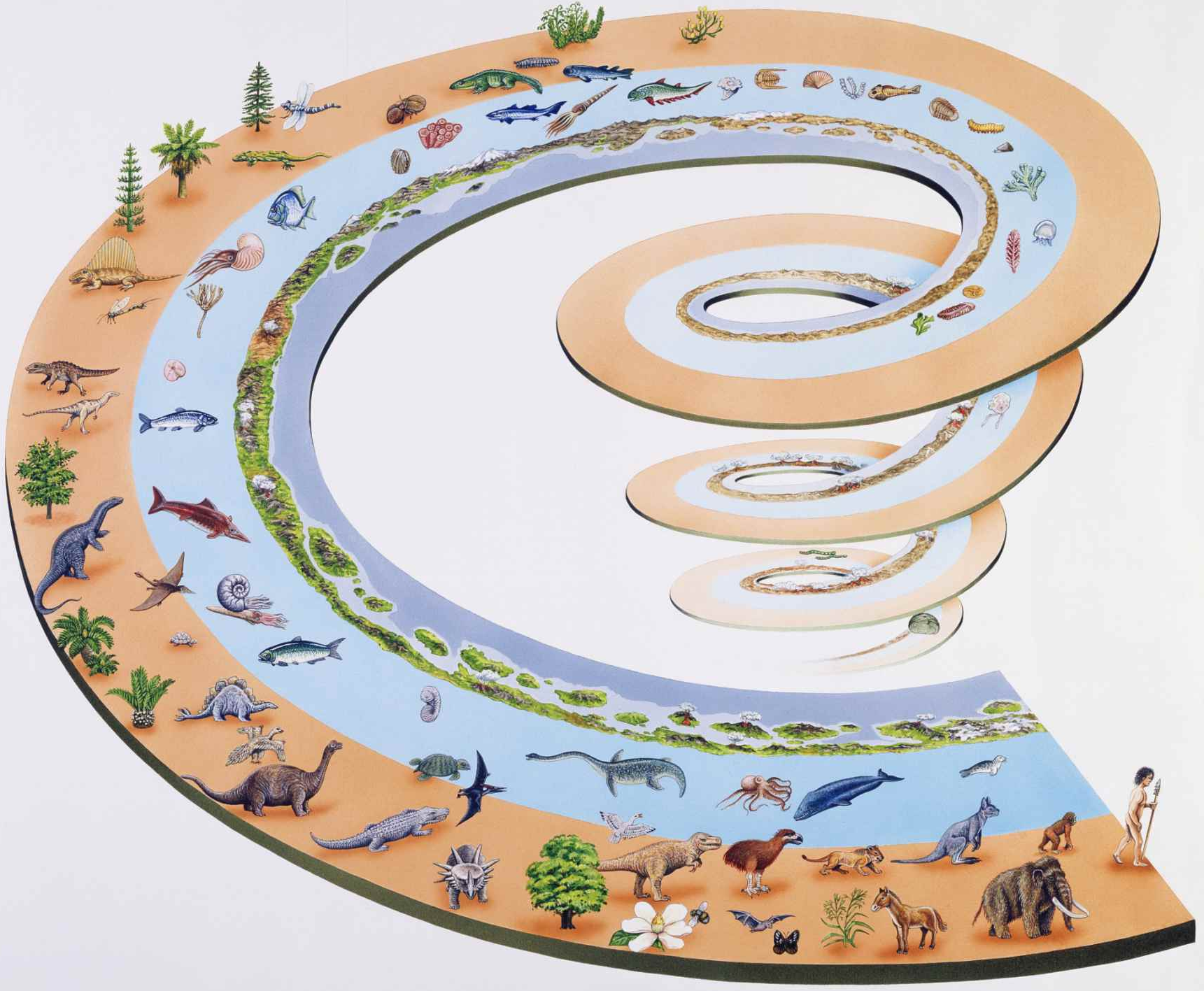
Independent Study SU21 (AFST-40100-01)
AFST 40100. INDEPENDENT STUDY Group tutorial taken during one semester of the junior year includes bibliographic and methodological instruction and a written essay/project designed by the student. Special attention will be given to the disciplinary concerns in the humanities and social science areas of Africana Studies.

Intro to Independent Study SU21 (BCMB-40100-01)
BCMB 40100. JUNIOR INDEPENDENT STUDY This course focuses on scientific writing, experimental design, and informational retrieval systems, including accessing and evaluating the growing collection of molecular databases. Students explore the literature related to their proposed senior I.S. thesis through a series of structured writing assignments that culminate in a research proposal for the senior project. In addition, students learn the mechanics of scientific presentations and give a brief seminar on their proposed project.

Foundations of Biology SU21 (BIOL-11100-01)
BIOL 11100. FOUNDATIONS OF BIOLOGY This introductory course focuses on concepts considered central to understanding biology, including the nature of science, inheritance, gene expression, descent with modification and evolution by natural selection. This course is designed to provide potential biology majors with the fundamental concepts required for the study of biology. The course serves as a prerequisite for all biology courses number higher than 20000. Three class hours weekly. The course is also open to non-majors. [MNS]

Scientific Computing SU21 (CSCI-10000-01)
CSCI 10000. SCIENTIFIC COMPUTING The purpose of this course is to show some of the connections between computer science and other disciplines such as mathematics and the natural sciences. We will study the fundamental computer science concepts for the design and Python implementation of solutions to problems that can be solved through approximations, simulations, interpolations, and recursive formulas. [MNS,QL]

Constructing Black Lives SU21 (ENGL-21035-01)
ENGL 21035. CONSTRUCTING BLACK LIVES IN FILM AND LITERATURE In this summer course, we will analyze 19th, 20th and 21st century classic, documentary, and biographical films, autobiographies, and memoirs to investigate the different ways in which African-American mens and womens life narratives are constructed. In particular, we will consider the impact of historical events and processes upon identities, the ways identities are performed, and the mutually constitutive relationship among race, class, gender, and sexuality. Some class time will also be spent critiquing visual art in terms of identity construction. This broad course topic allows us to engage in interdisciplinary scholarship (involving, Africana studies, literature, history, music, film, and visual art). The technique that unites these fields is close reading/explication. Since strong analysis of varied texts depends upon your ability to give complex, evidence-based interpretations of them, together we will learn and practice (1) skillfully close

Farm to Table: Food Systems Metacourse SU21 (ENVS-22000-22001-MC)
ENVS 22000 (22001). FROM FARM TO TABLE: UNDERSTANDING THE FOOD SYSTEM The
purpose of this class is to come to a deeper understanding of the
complex system of the production and consumption of food. We begin on
the farm, discussing the history of American agriculture and the rise of
modern industrial farming. Then we explore some of the alternatives
that have been proposed to industrial farming, including organic farming
and going local. Finally we turn our attention to food itself and
tackle the most basic question of all: what should we eat? [HSS]

Digital Media in Everyday Live SU21 (GMDS-19901-01)
GMDS 19901. DIGIAL MEDIA IN EVERYDAY LIVES Why is the study of "everyday life" important, and how has digital media become an integral part of our everyday lives and identities? Everyday life is thus an important topic of study because it is the small, seemingly inconsequential actions that chisel out the ultimate shape that our lives take. Increasingly, digital media, social networks, and quick media applications have become an essential element of those day-to-day actions. In this course, we will situate digital media among our everyday lives and examine the shifts that these technologies have brought about in our daily routines. This class will offer insights into the ways we interact with media, including an investigation into how media become immersive and intimate. We will also focus extensively on the shift taking place around us right now: technology and the Internet is with us at all times due to the pervasiveness of mobile media in our lives. Finally, this course offers "an examination of how digit

Math in Contemporary Society SU21 (MATH-10000-01)
MATH 10000. MATH IN CONTEMPORARY SOCIETY This is a survey course that explores a broad spectrum of mathematical topics; examples include the search for good voting systems, the development of efficient routes for providing urban services, and the search for fair procedures to resolve conflict. The emphasis is on observing the many practical uses of mathematics in modern society and not on mastering advanced mathematical techniques. This course does not satisfy the prerequisites for further Mathematics courses, nor does it count toward a major or minor. Mathematics majors and minors may take the course only if they have permission of the chair. [MNS, Q, QL]

The Art of Rock Music SU21 (MUSC-21600-01)
MUSC 21600. THE ART OF ROCK MUSIC The study of the artistic and aesthetic potential of rock music. Areas of emphasis may include the history and analysis of rock music; rock music aesthetics and their relationship to the aesthetics of other music and art forms; the evolution of rock musical styles; the connections between rock, poetry, and literature; "covering," quotation, and stylistic borrowing in rock music; the impact of the electronic music revolution; and the live performance of rock. [AH]

Neurodiversity SU21 (PSYC-29916-01)
PSYC 29916. NEURODIVERSITY This course will introduce students to neurodiversity, the idea that neurological differences, whether arising from developmental (i.e., Dyslexia, ADHD, Autism) or mental conditions (i.e., Schizophrenia or Tourettes) should be accepted and valued as natural variations to human brain and behavior. This course will combine synchronous and asynchronous activities including small-group discussions, large-group discussions, students presentations, and lectures with active learning components. Asynchronous activities will include reading of primary literature as well as auto- and biographical essays, watching videos, reflective writing, and experiential learning. The usual pre-requisite for this course is Psychology 100 or Advanced Placement Psychology, but this requirement will be waived as long as the student has taken an introductory level course in one of the social or natural sciences, such as Biology 111, Neuroscience 200, or Sociology/Anthropology 100. [HSS]

Beginning Spanish Level I SU21 (SPAN-10100-01)
SPAN 10100. BEGINNING SPANISH LEVEL I Oral-aural instruction and practice with grammar, reading, and some writing. Emphasis on practical everyday language for direct communication. Instruction focuses on the cultural meaning of language.

Beginning Spanish Level II SU21 (SPAN-10200-01)
SPAN 10200. BEGINNING SPANISH LEVEL II Additional oral-aural instruction and continued practice with grammar, reading, and writing. Further emphasis on practical everyday language for communication. Instruction focuses on the cultural meaning of language.